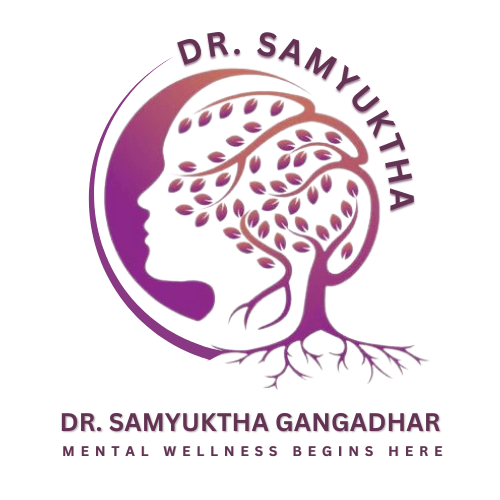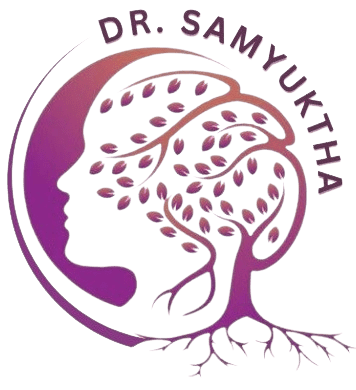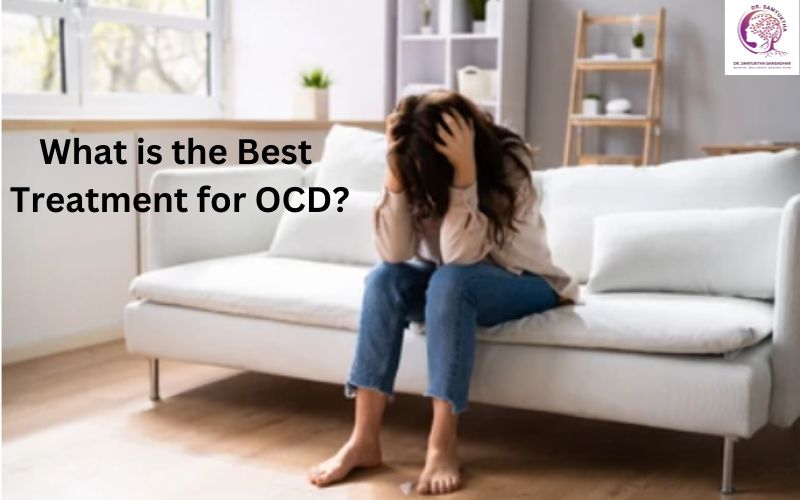Introduction
Obsessive-Compulsive Disorder (OCD) is a long-lasting and frequently disabling mental health disorder marked by persistent, intrusive thoughts (obsessions) and repetitive actions (compulsions). For those affected, finding the best treatment is crucial to improving quality of life and functioning. Dr. Samyuktha Gangadhar, M.D. (Psychiatry), specializes in OCD treatment, providing expert care for patients in Bangalore and Kolkata. This comprehensive guide explores the most effective treatments for OCD, backed by research and expert opinions, to help you make informed decisions about managing this condition.
Understanding OCD
Definition and Symptoms of OCD
OCD is a mental health disorder where individuals experience persistent, unwanted thoughts, images, or urges (obsessions) that cause significant anxiety or distress. To alleviate this distress, individuals engage in repetitive behaviors or mental acts (compulsions). Common obsessions include fear of contamination, doubts, aggressive thoughts, and a need for symmetry. Compulsions often involve washing, checking, counting, or arranging.
Causes and Risk Factors
The exact cause of OCD remains unknown, but it is believed to involve a combination of genetic, neurological, behavioral, cognitive, and environmental factors. Risk factors include a family history of OCD, differences in brain structure and functioning, stressful life events, and co-occurring mental health conditions.
Impact on Daily Life
OCD can significantly impact daily functioning, relationships, and overall quality of life. The relentless cycle of obsessions and compulsions can consume hours each day, leading to distress, shame, and social isolation. Early diagnosis and effective treatment are essential for managing symptoms and improving life outcomes.
Types of Treatments for OCD
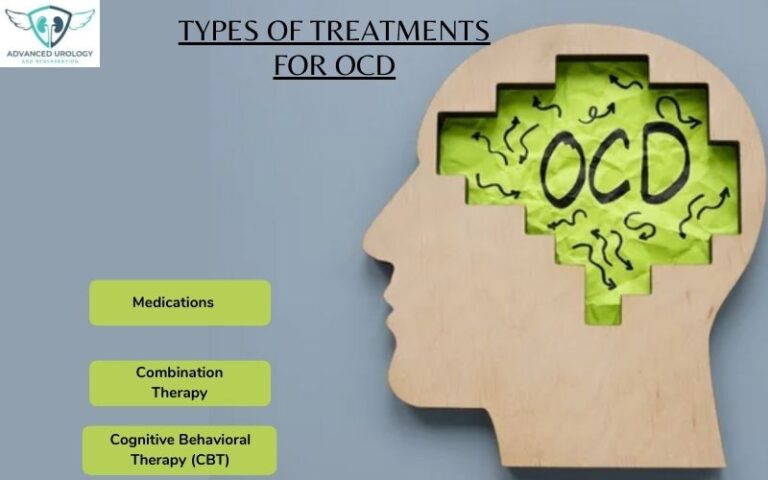
Cognitive Behavioral Therapy (CBT)
CBT is a highly effective treatment for OCD, particularly a subtype called Exposure and Response Prevention (ERP). ERP involves exposing patients to their fears or obsessions without engaging in the compulsion, helping them learn to tolerate anxiety and reduce avoidance behaviors. Research shows that CBT, especially ERP, can significantly reduce OCD symptoms and improve functioning.
Medications
Selective Serotonin Reuptake Inhibitors (SSRIs), such as fluoxetine, sertraline, and fluvoxamine, are commonly prescribed for OCD. These medications help increase serotonin levels in the brain, reducing symptoms. Clomipramine, a tricyclic antidepressant, is also effective but may have more side effects. Medication can be a vital part of treatment, particularly for moderate to severe OCD, but it is often most effective when combined with CBT.
Combination Therapy
Combining CBT and medication can be particularly effective for many individuals with OCD. This approach leverages the strengths of both treatments, addressing symptoms from multiple angles and often leading to better outcomes than either treatment alone.
Alternative and Complementary Treatments
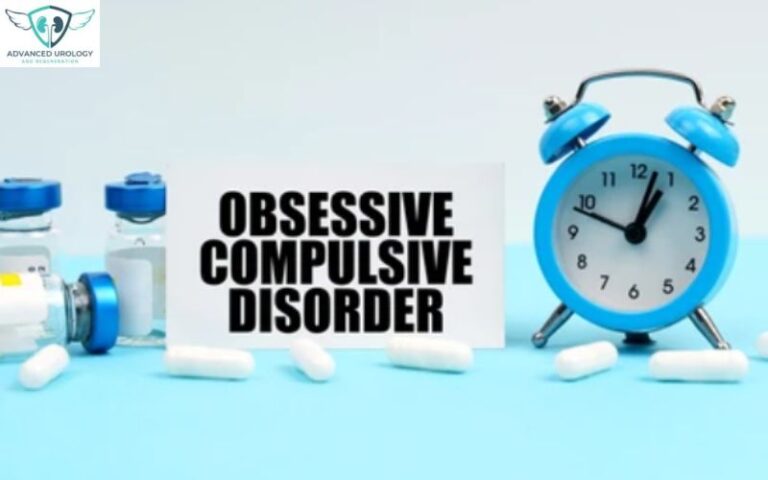
Mindfulness and Meditation
Mindfulness practices, such as meditation and deep breathing exercises, can help individuals manage OCD symptoms by promoting relaxation and reducing anxiety. These practices encourage individuals to observe their thoughts without judgment, which can decrease the intensity of obsessions and compulsions.
Lifestyle Changes and Self-Help Strategies
Adopting healthy lifestyle habits can support overall mental health and complement formal treatment for OCD. Regular exercise, maintaining a balanced diet, and ensuring adequate sleep are essential. Additionally, self-help strategies like maintaining a journal, setting realistic goals, and using relaxation techniques can help manage stress and reduce OCD symptoms.
Support Groups and Peer Support
Connecting with others who have OCD can provide emotional support, reduce feelings of isolation, and offer practical advice. Support groups, whether in-person or online, can be a valuable resource for sharing experiences, coping strategies, and encouragement.
Innovative and Emerging Treatments
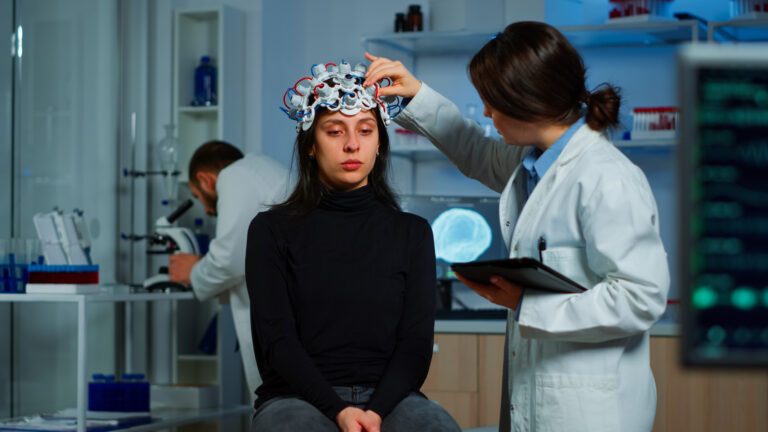
Deep Brain Stimulation (DBS)
DBS is a surgical treatment option for severe, treatment-resistant OCD. It involves implanting electrodes in specific brain areas to regulate abnormal activity. While still considered experimental, DBS has shown promise in reducing severe OCD symptoms when other treatments have failed.
Transcranial Magnetic Stimulation (TMS)
Transcranial Magnetic Stimulation (TMS) is a non-invasive procedure that uses magnetic pulses to stimulate nerve cells in the brain.It has been found effective in reducing symptoms of OCD, particularly for those who have not responded to traditional treatments. TMS is generally well-tolerated and can be an option for patients seeking alternative therapies.
Choosing the Best Treatment Plan
Factors to Consider
Choosing the best treatment plan for OCD involves considering the severity of symptoms, personal preferences, medical history, and any co-occurring conditions. A comprehensive evaluation by a psychiatrist, like Dr. Samyuktha Gangadhar, can help determine the most appropriate treatment approach.
Role of a Psychiatrist in Treatment Planning
A psychiatrist, such as Dr. Samyuktha Gangadhar, M.D. (Psychiatry), is essential in diagnosing OCD, creating a customized treatment plan, and offering continuous support. Regular follow-ups and adjustments to the treatment plan are essential to address any changes in symptoms or side effects.
Importance of Ongoing Evaluation and Adjustment
OCD treatment is often an ongoing process that requires regular monitoring and adjustment. Staying in close communication with healthcare providers, adhering to the treatment plan, and making necessary changes can help maintain progress and prevent relapse.
Importance of Ongoing Evaluation and Adjustment
OCD treatment is often an ongoing process that requires regular monitoring and adjustment. Staying in close communication with healthcare providers, adhering to the treatment plan, and making necessary changes can help maintain progress and prevent relapse.
Conclusion
OCD is a challenging condition to manage, but effective treatments are available. Cognitive Behavioral Therapy (CBT), medications, and emerging therapies offer hope for those struggling with OCD. Consulting with experienced professionals such as Dr. Samyuktha Gangadhar, M.D. (Psychiatry), individuals can find the best treatment plan to manage their symptoms and improve their quality of life.
FAQs
OCD is a chronic condition, but with the right treatment, symptoms can be significantly reduced and managed effectively. Dr. Samyuktha Gangadhar, M.D. (Psychiatry), offers personalized treatment plans to help patients achieve long-term relief.
OCD symptoms rarely disappear suddenly without treatment. Consistent therapy and medication, provided by experts like Dr. Samyuktha Gangadhar, can lead to significant improvement in managing symptoms.
Complete cure is rare, but many individuals can achieve significant symptom reduction and manage OCD effectively. Dr. Samyuktha Gangadhar, M.D. (Psychiatry), provides comprehensive treatment plans focused on long-term management and improved quality of life.
